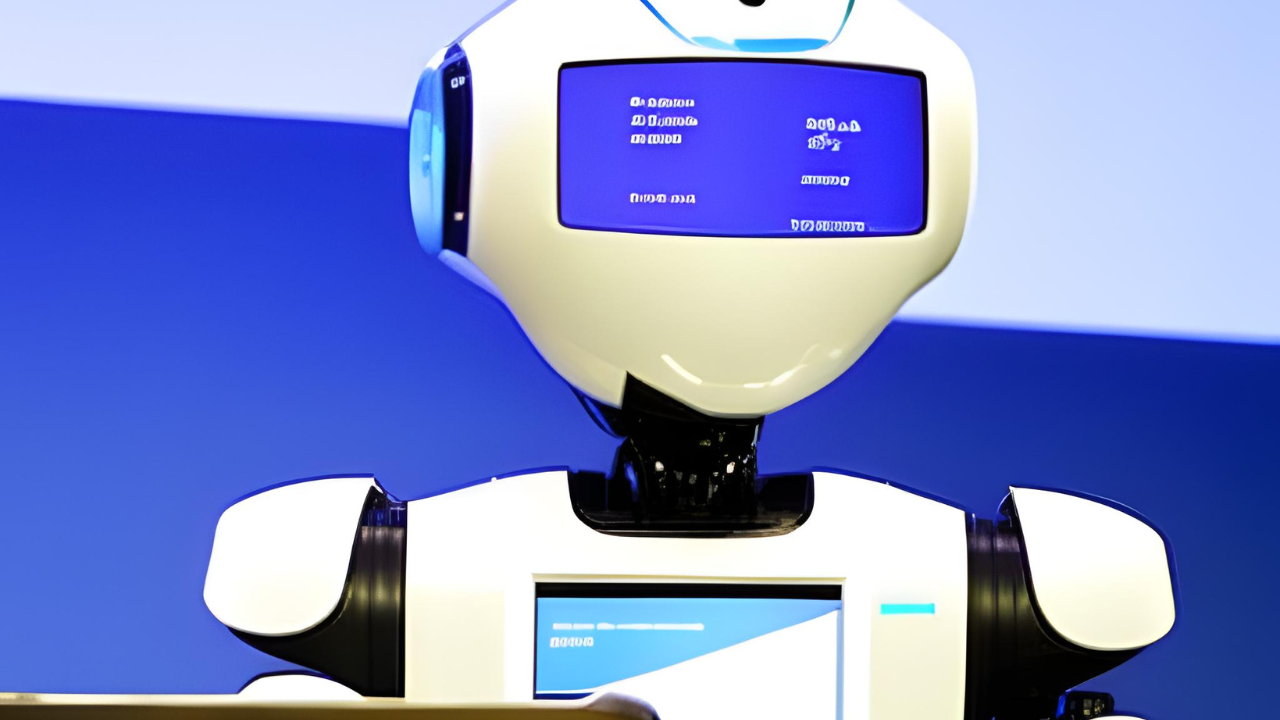Data Science Interviews Shouldn't Be a Full-Time Job
Jul 23, 2023
Below I provide advice on how to treat job candidates better in the data science hiring process. There are five specific suggestions. Number five is huge - you have to do that one. Please read (and implement) that in your hiring process. Please + thanks.
In recent years, the hiring process has begun to feel more and more like a full-time job—except it's one without pay. Aspiring employees find themselves investing copious amounts of time and effort in the hopes of landing the perfect role, only to often find themselves embroiled in a never-ending cycle of interviews and assessments.
A significant part of this grueling process is the case study presentation. Candidates are expected to prepare and deliver a comprehensive presentation to a panel of company representatives. This in itself is an enormous task, requiring extensive preparation and nerves of steel. The goal? To simply move forward in the process.
However, progressing to the next stage doesn't necessarily equate to a job offer. Instead, it often leads to more rigorous interviews with the company's leadership. It's an exhausting and lengthy process that has the potential to leave candidates feeling drained, discouraged, and disillusioned.
What's worrying is that in adding these numerous, often unnecessary steps, companies are missing out on numerous talented data science candidates. These professionals, with their unique blend of skills and experiences, could add immense value to these organizations. Instead, they are put off by the arduous hiring process.
It seems unscrupulous to put four, five, six, seven, or even more than ten excellent candidates through this process, all competing for a single role. Not only does it cause unnecessary stress for the candidates, but it also does little to distinguish one candidate from another in a meaningful way.
I've maintained this before, and I'll reiterate it now: there is absolutely no correlation between the length of an interview process and the quality of a hire. If anything, the opposite might be true. A prolonged interview process can potentially lead to 'false negatives,' with great candidates being overlooked or opting out due to the length and complexity of the process.
What is most concerning is the detrimental impact such processes have on a company's reputation. Companies run the risk of wasting not only their own time but also that of the candidates. In doing so, they provide recruiters and potential employees alike with examples of poor interviewing practices.
In an age where mid- and late-career professionals are looking to make significant moves—whether that's entering or leveling up in data science, machine learning, artificial intelligence, or advanced analytics—it's crucial for companies to reassess their hiring practices. After all, everyone has to start someplace, and a more streamlined, empathetic, and efficient hiring process could be the key to attracting the best talent.
For Data Science Interviews Do This Instead
In light of the pitfalls associated with prolonged and complex hiring processes, it's clear that a more effective and empathetic approach is needed. If you're involved in hiring for roles in data science, machine learning, artificial intelligence, or advanced analytics, consider the following steps:
-
Streamline the Interview Process: Keep the interview process as succinct and efficient as possible. Reducing the number of interviews and assessments can help retain candidate interest and lower the chances of them dropping out due to frustration or receiving a quicker offer elsewhere.
-
Value the Candidates' Time: Respect your candidates' time just as much as your own. Consider that they are possibly engaged in several interview processes simultaneously while still managing their current professional and personal responsibilities.
-
Be Transparent: Communicate openly and honestly with your candidates about the steps involved in your hiring process. Provide them with a clear timeline so they can manage their expectations and maintain their interest in your company. Also stick to that timeline - treat your candidate like a client in this regard.
-
Focus on Skills and Culture Fit: Instead of focusing on a multitude of criteria, concentrate on the key skills needed for the role and the candidate's fit with your company culture. This will not only simplify your process but also help you identify candidates who can genuinely add value to your organization.
-
Provide Constructive Feedback: Regardless of the outcome, providing your candidates with constructive feedback helps improve their interview skills and leaves them with a positive impression of your company.
I promised that number five here was a biggie. Again, treat your candidate like a client in this regard. Don't let your candidate be left to wonder (or wander).
Remember, you're dealing with established professionals who are more ready than they may think to take on new challenges. An efficient and empathetic hiring process can make all the difference in attracting and securing these talented individuals. Everyone has to start someplace, and your streamlined, candidate-focused hiring process might just be the starting point for someone's remarkable career in advanced analytics.
Now Offering Live Free Online Data Science Lessons.
